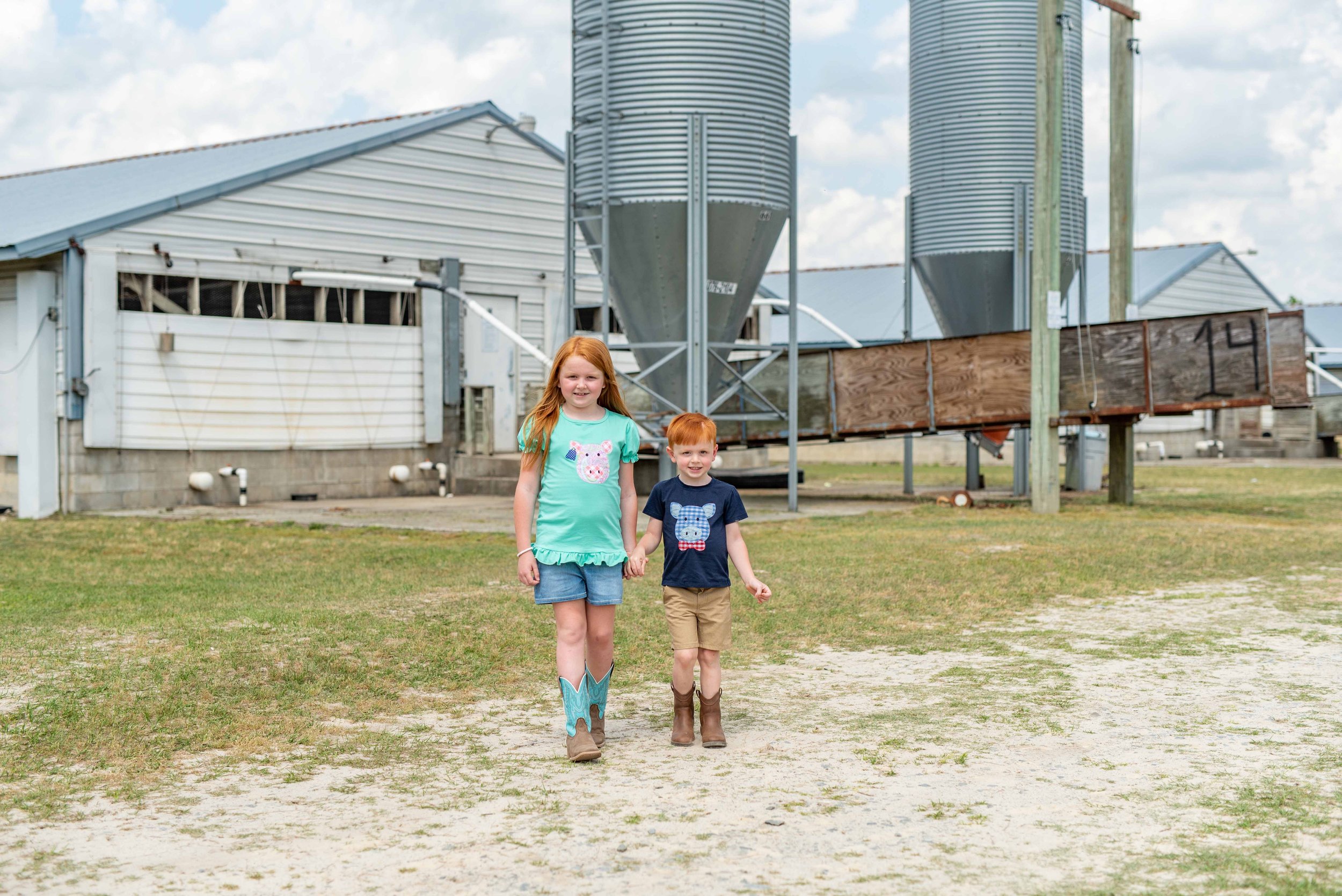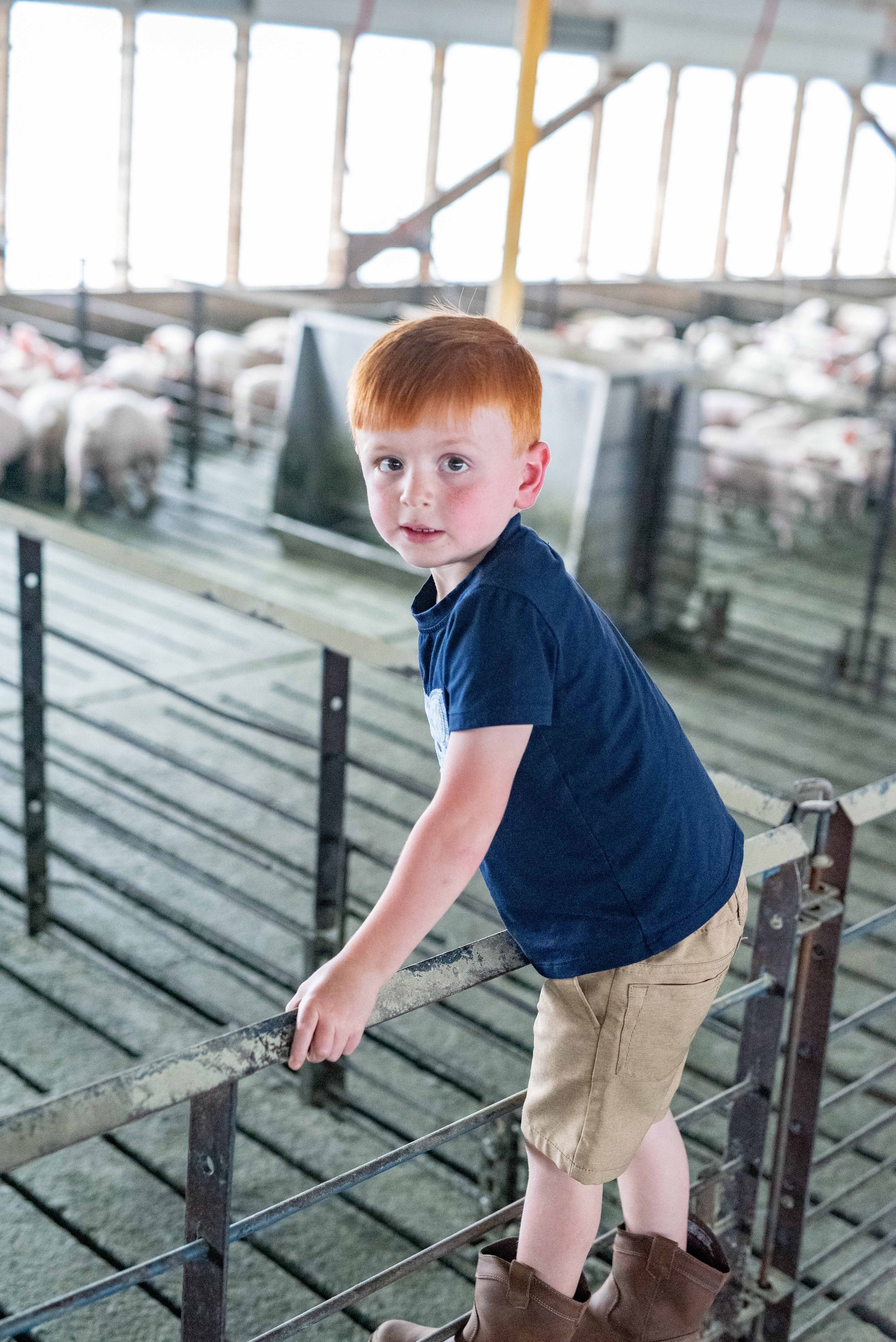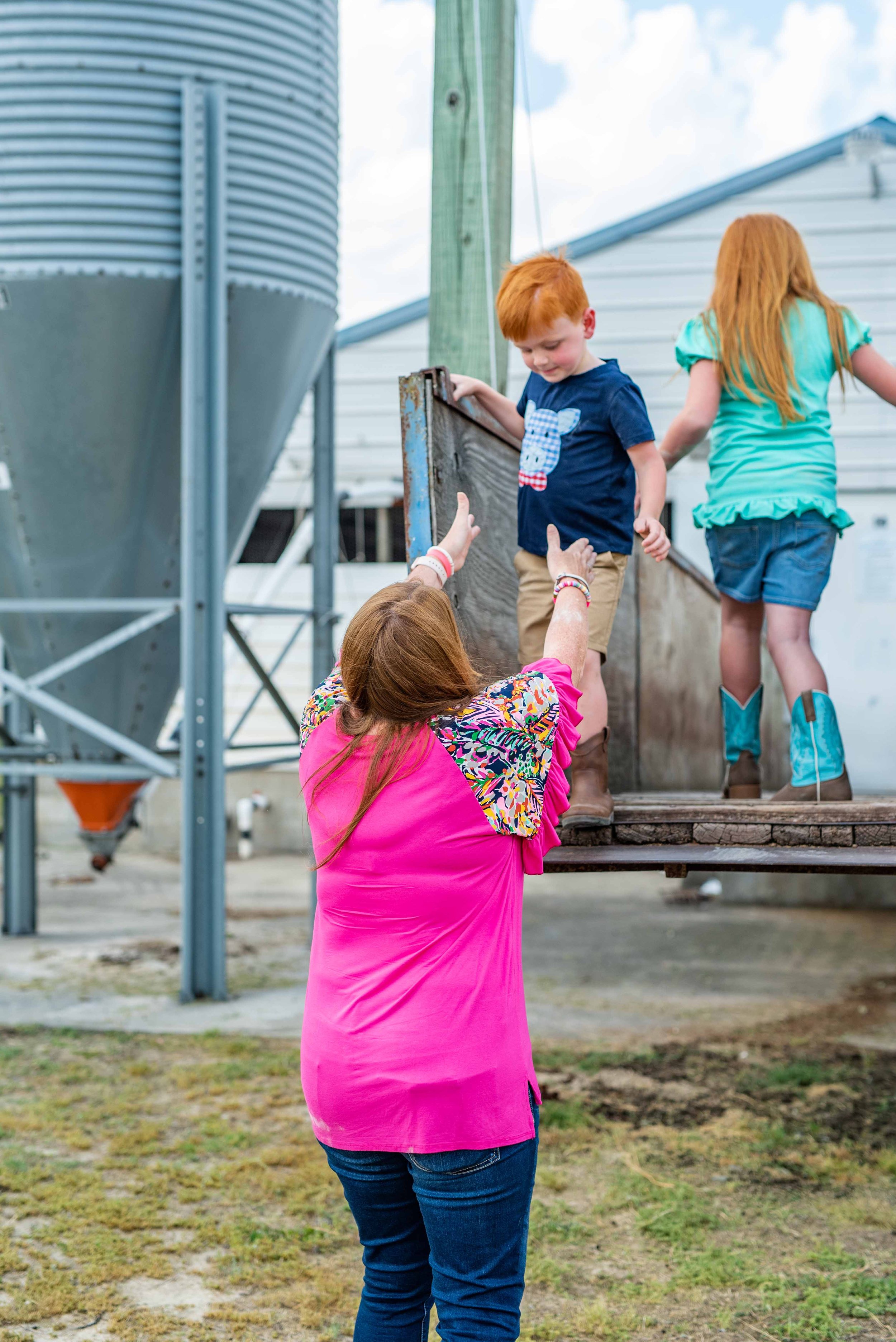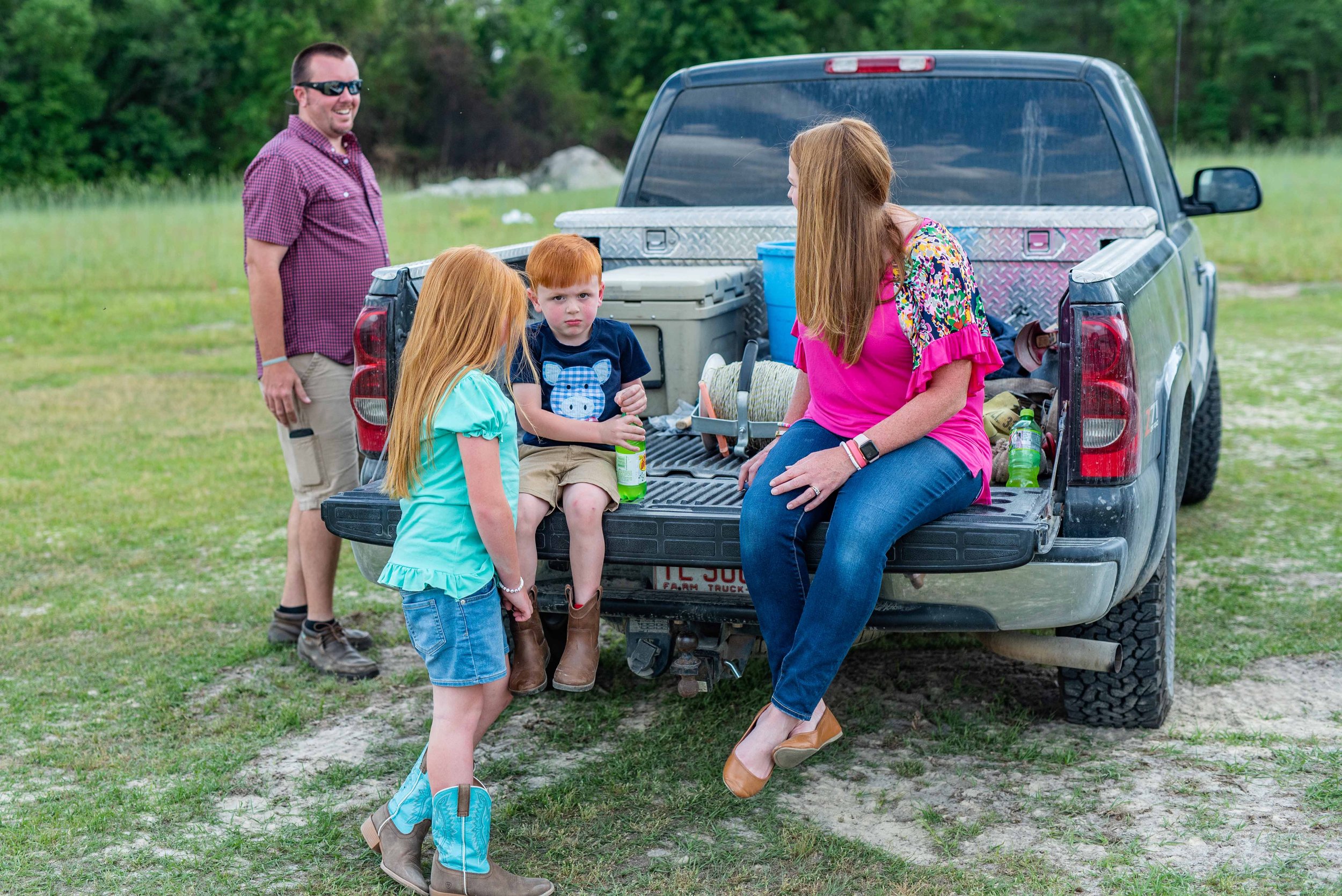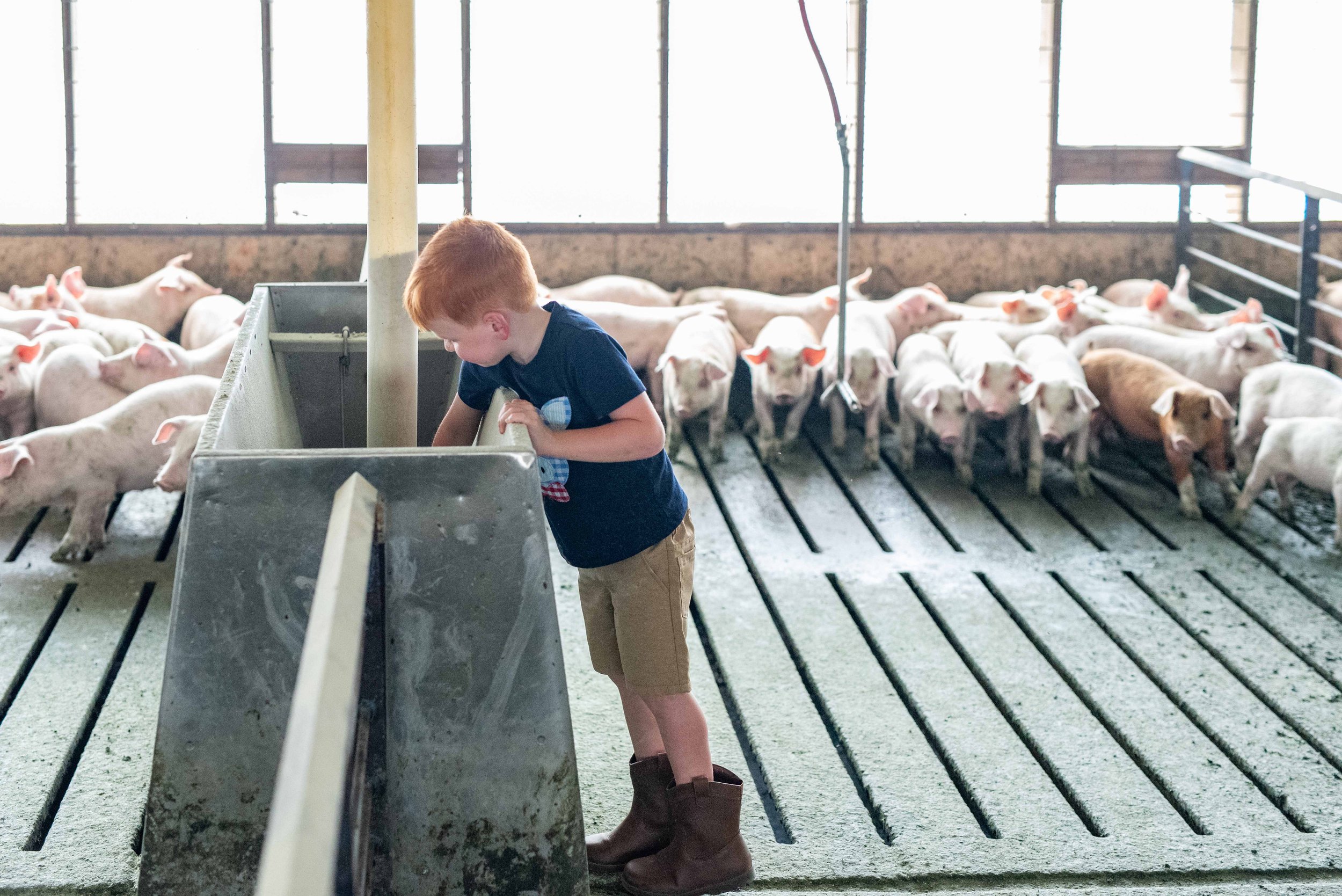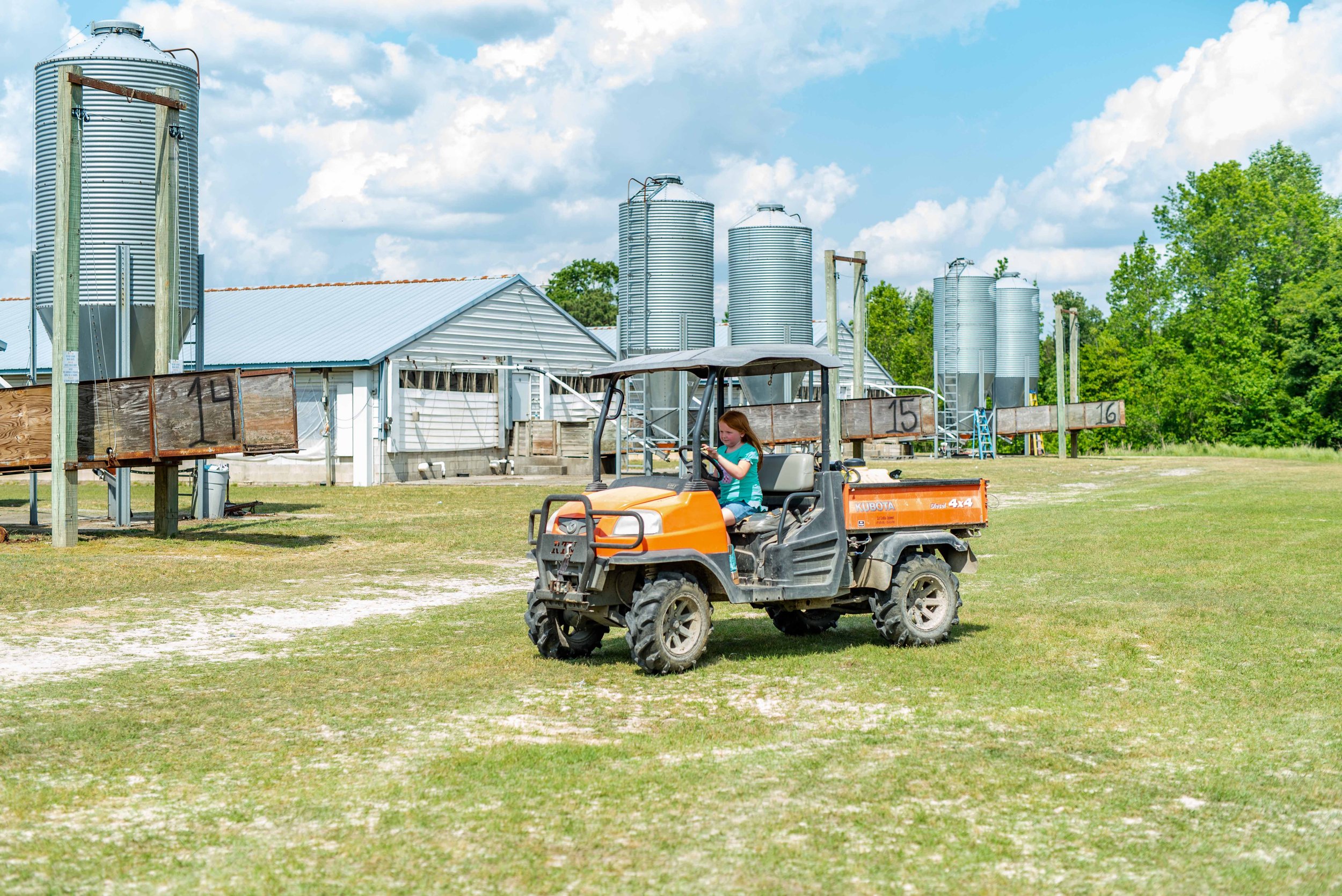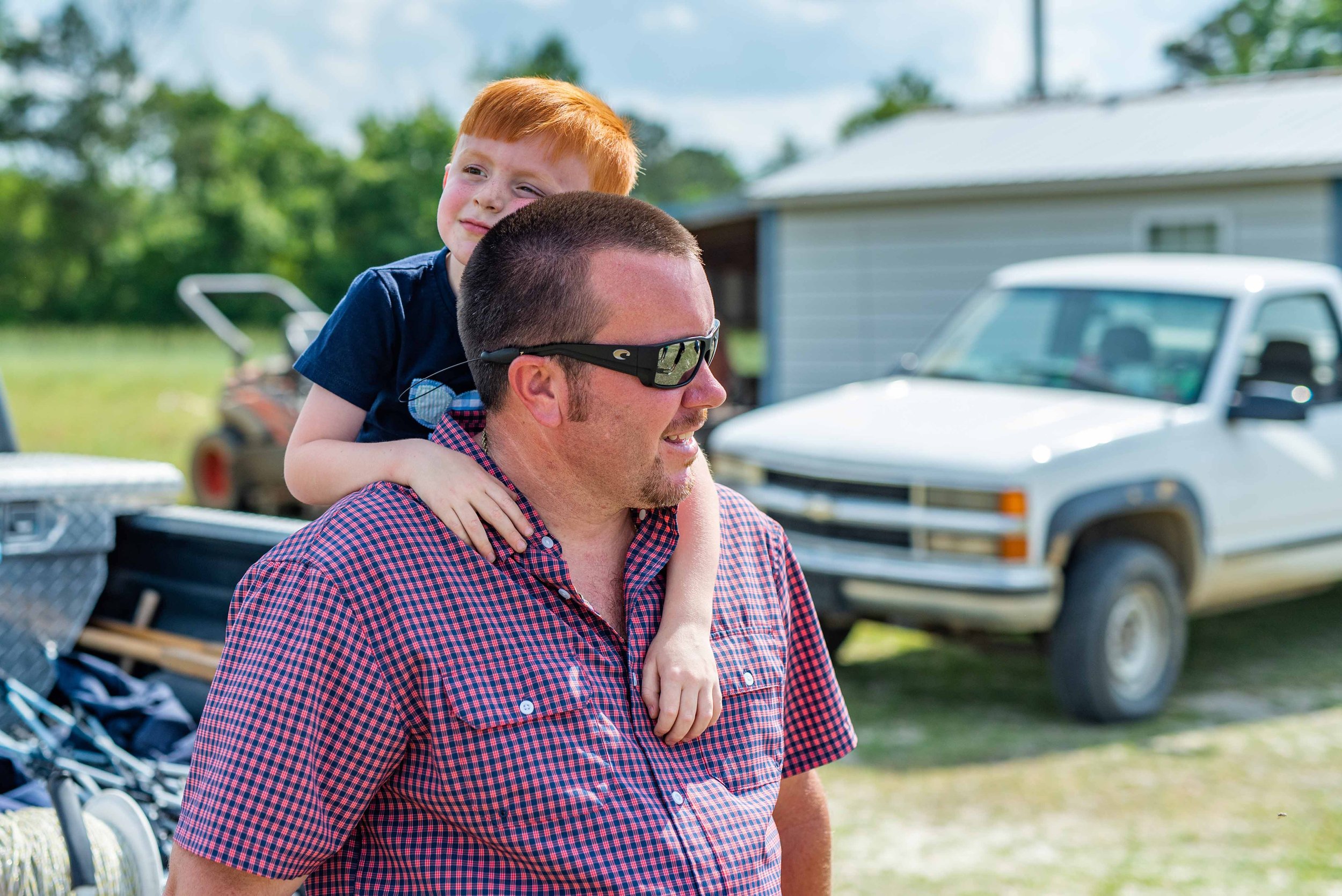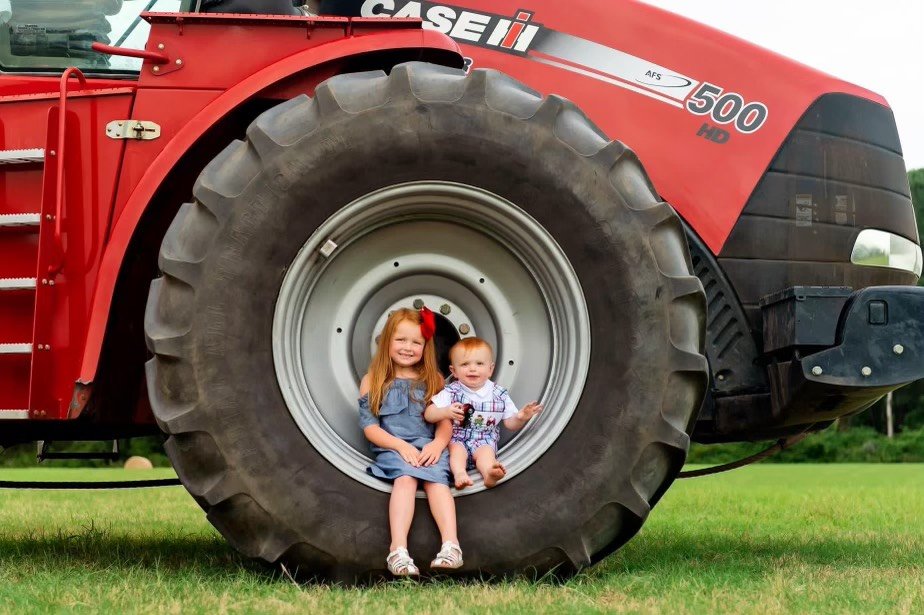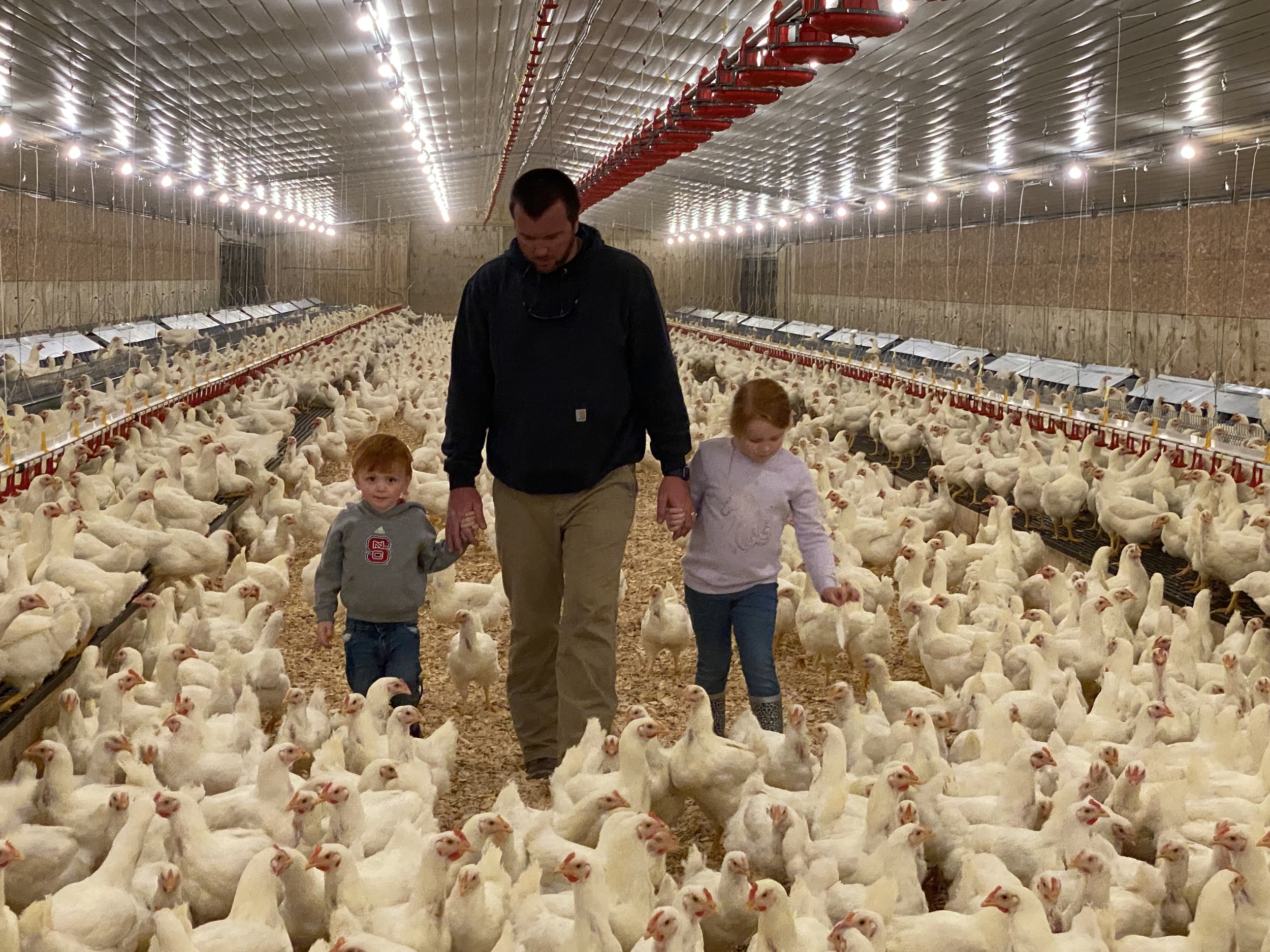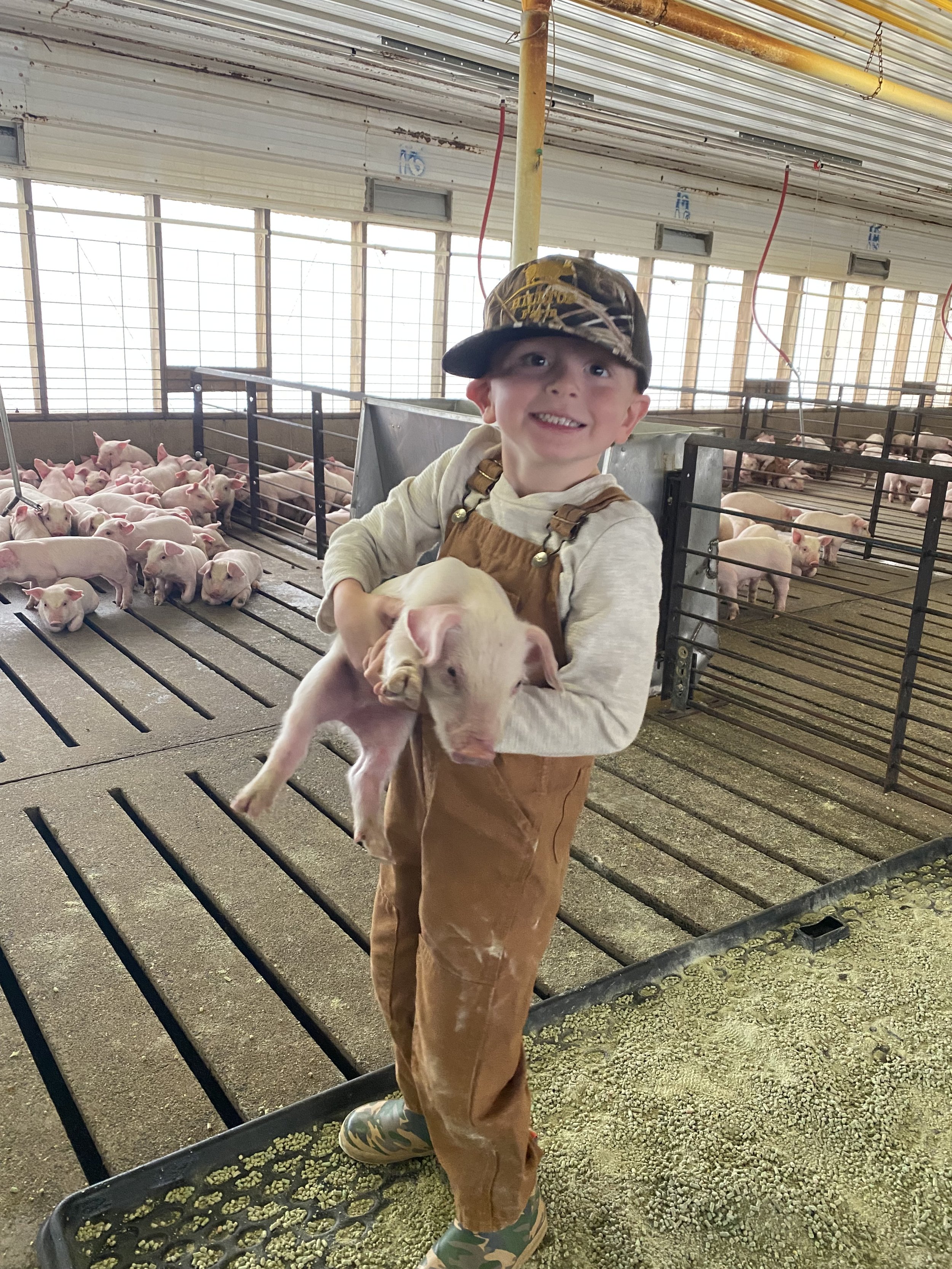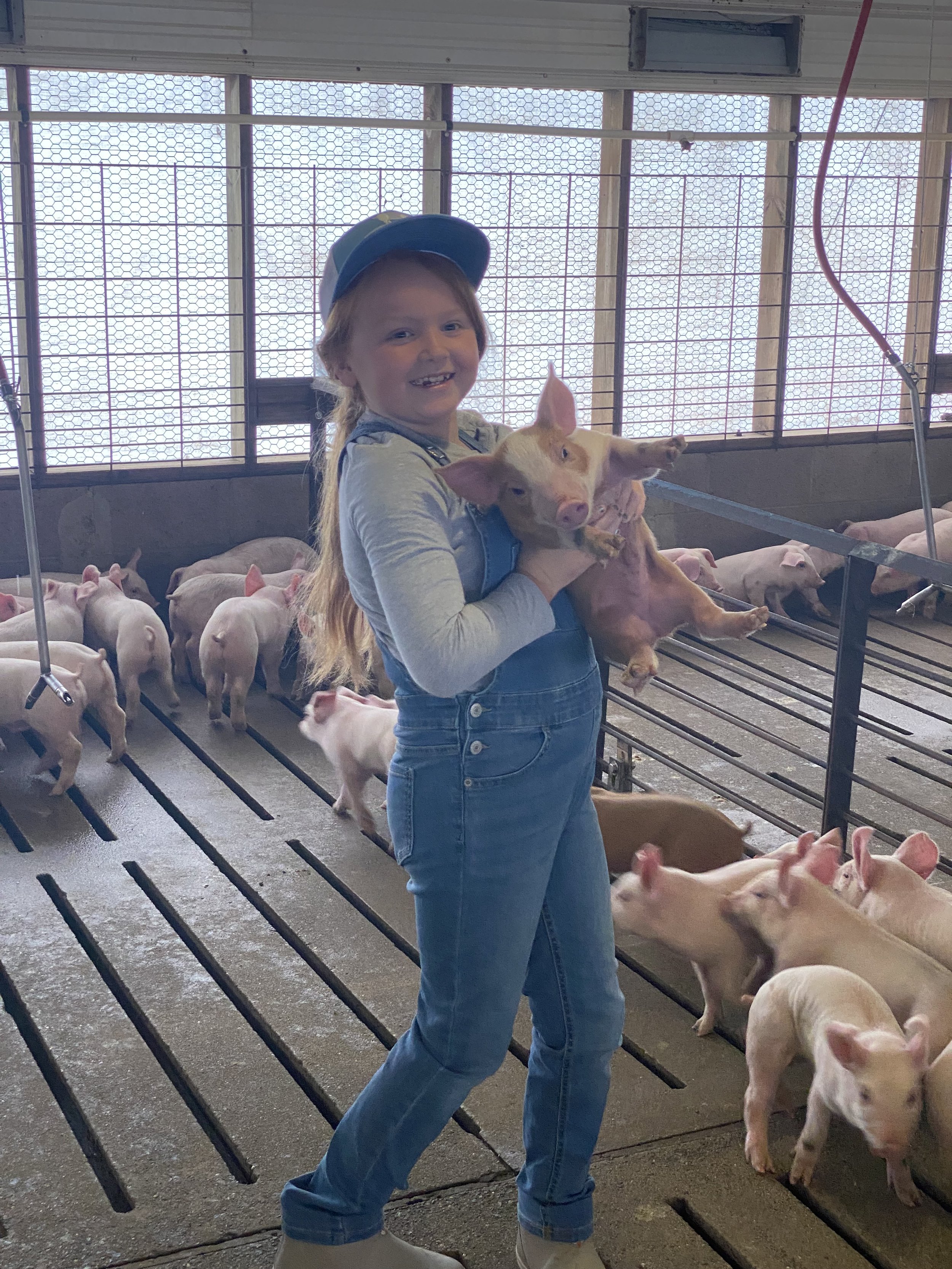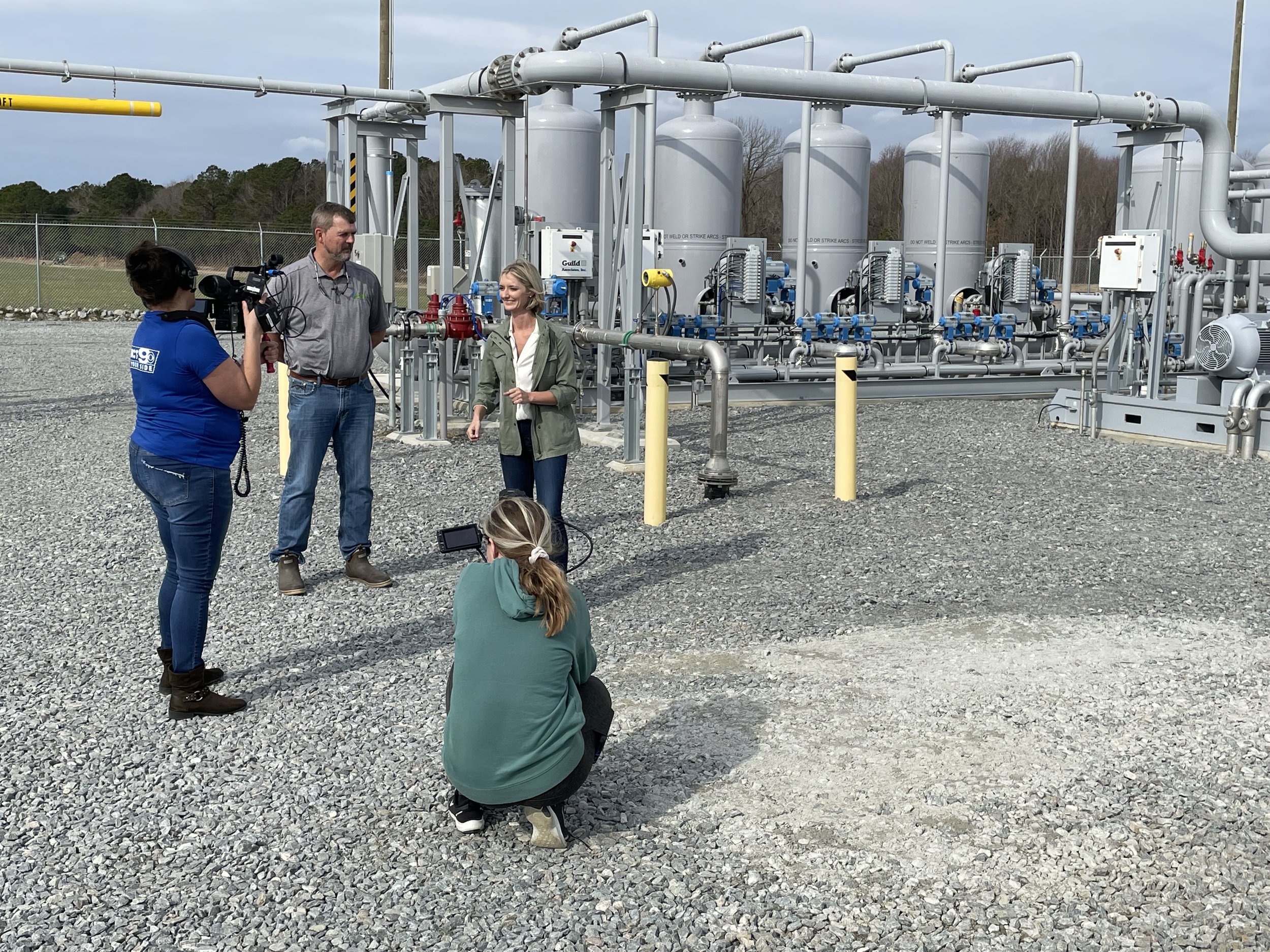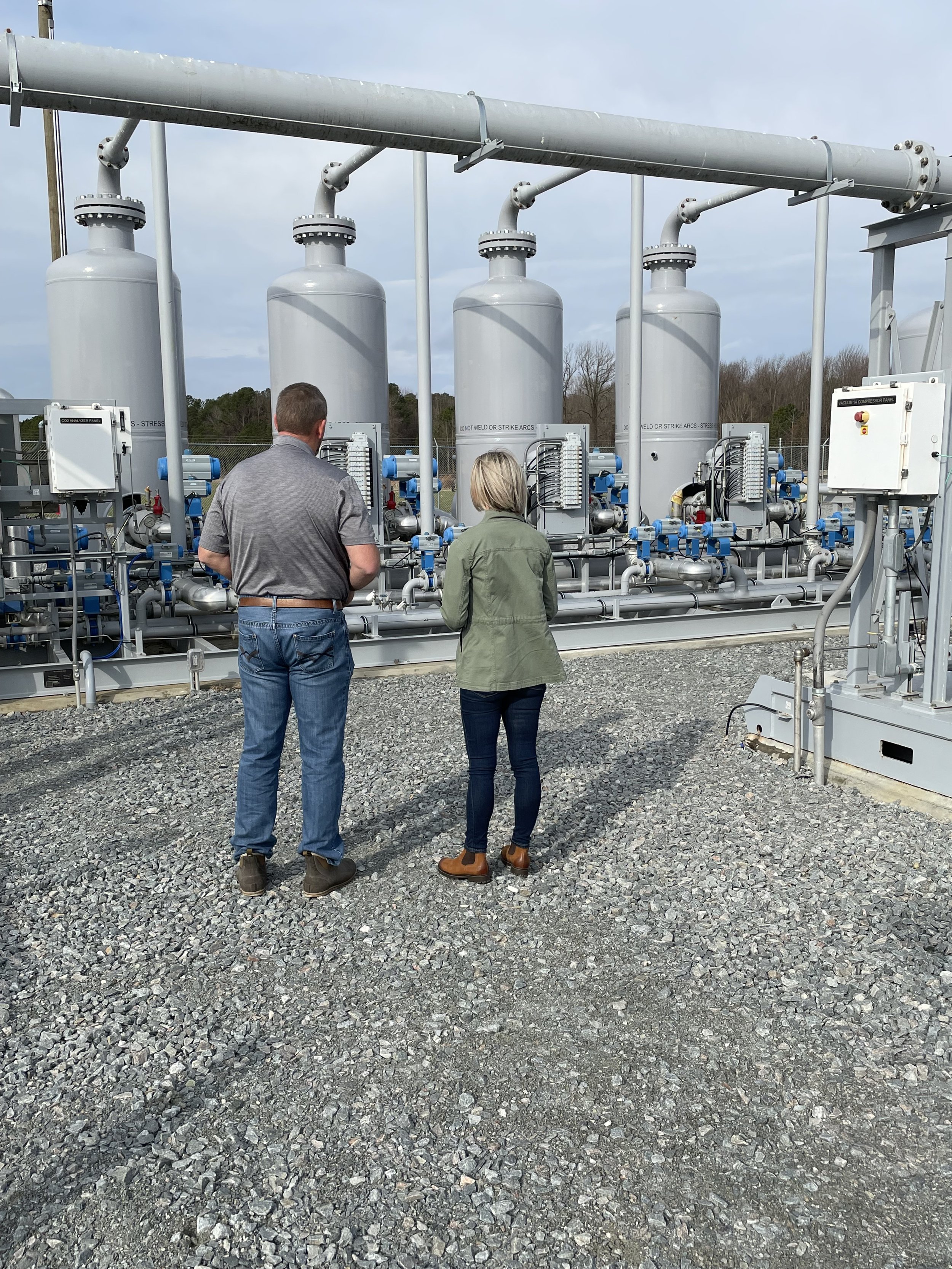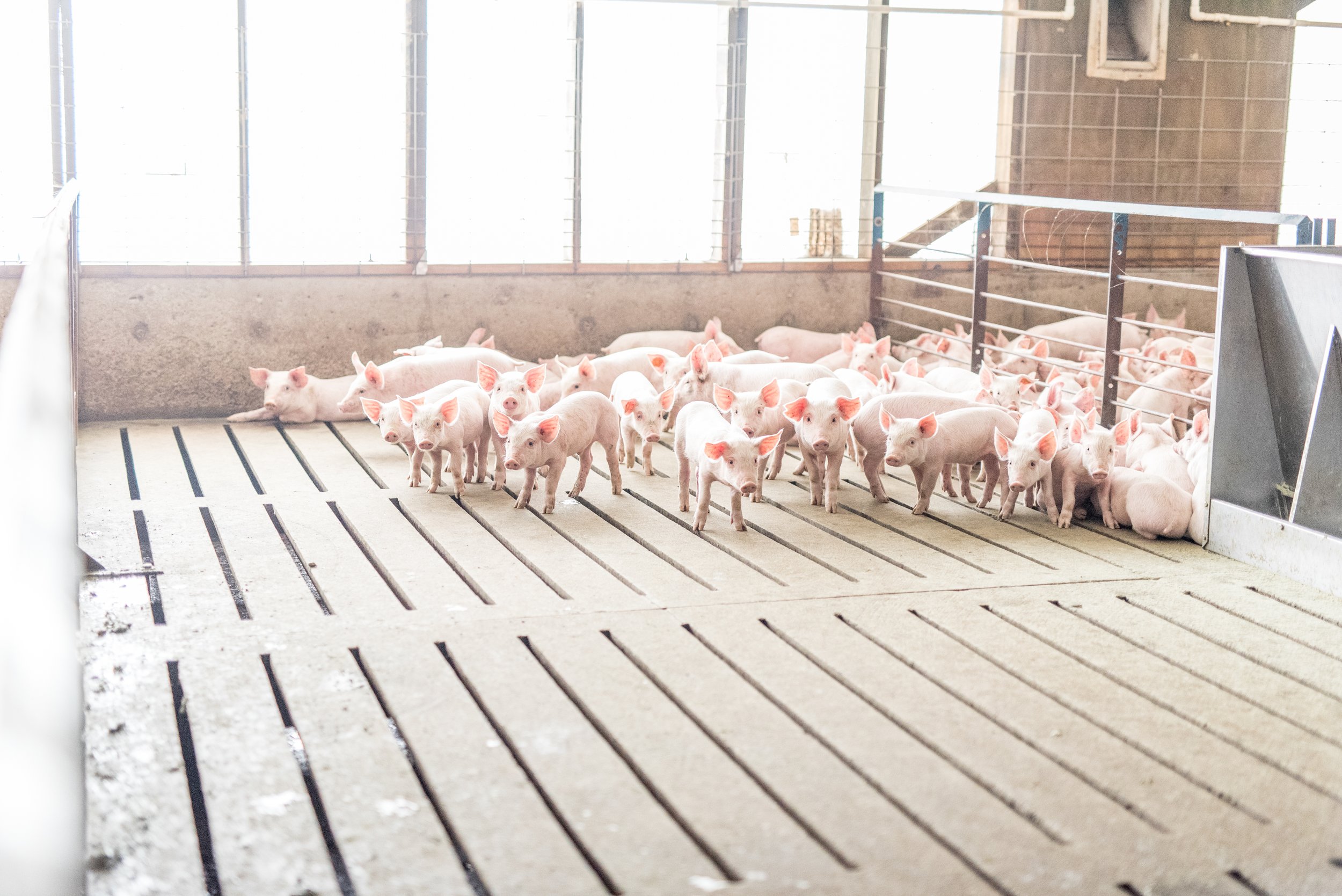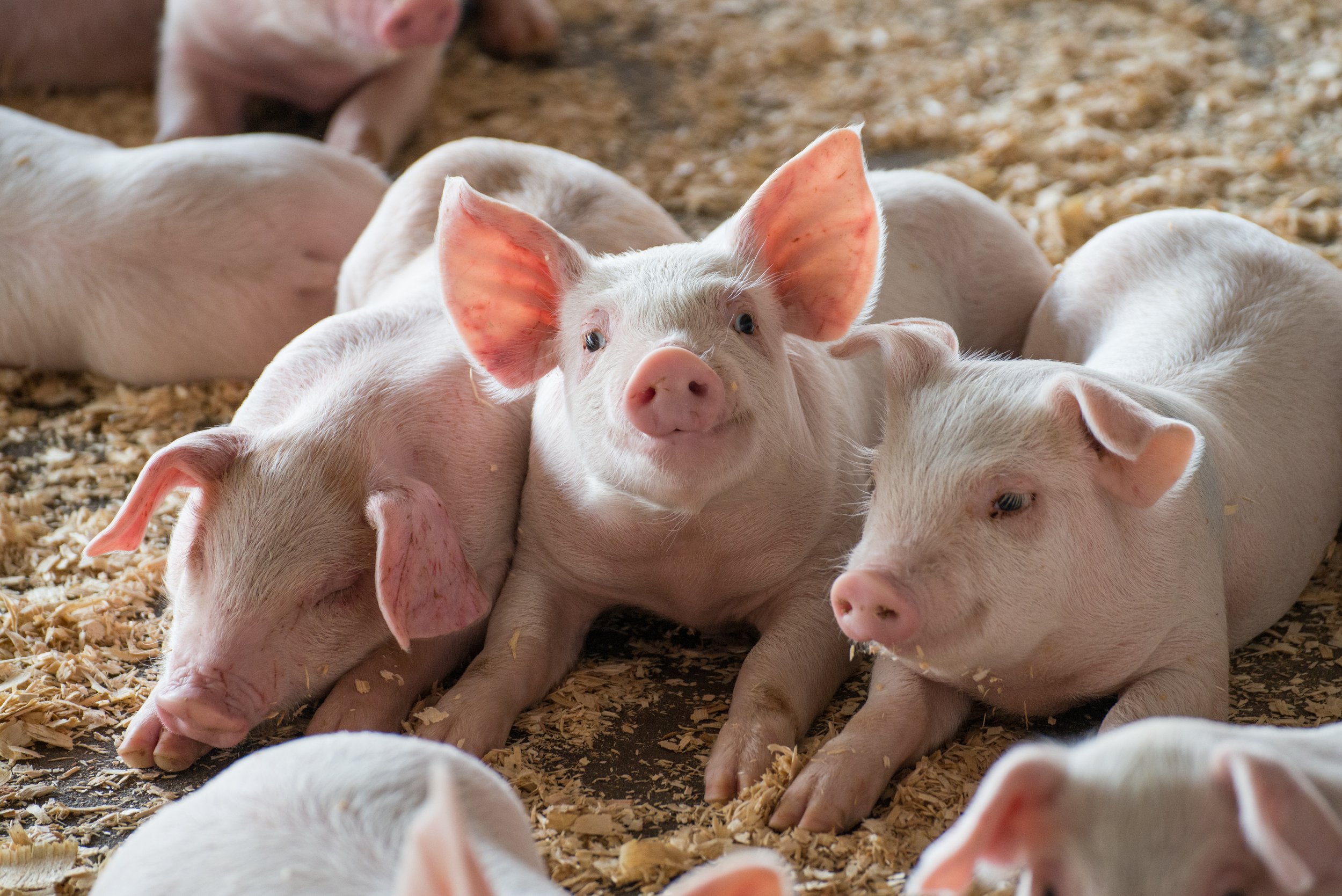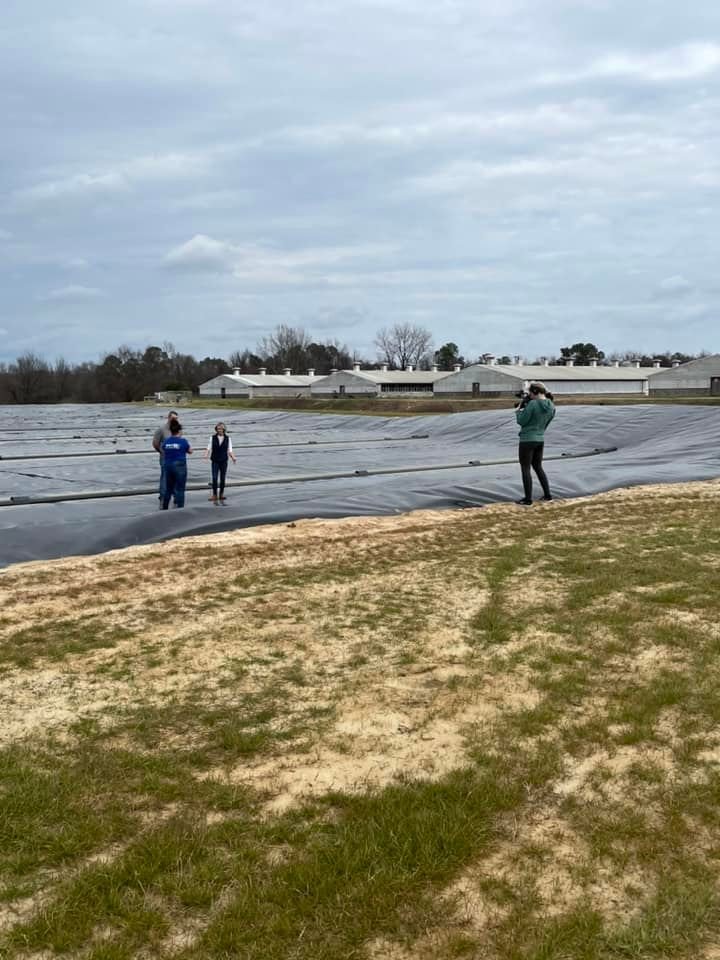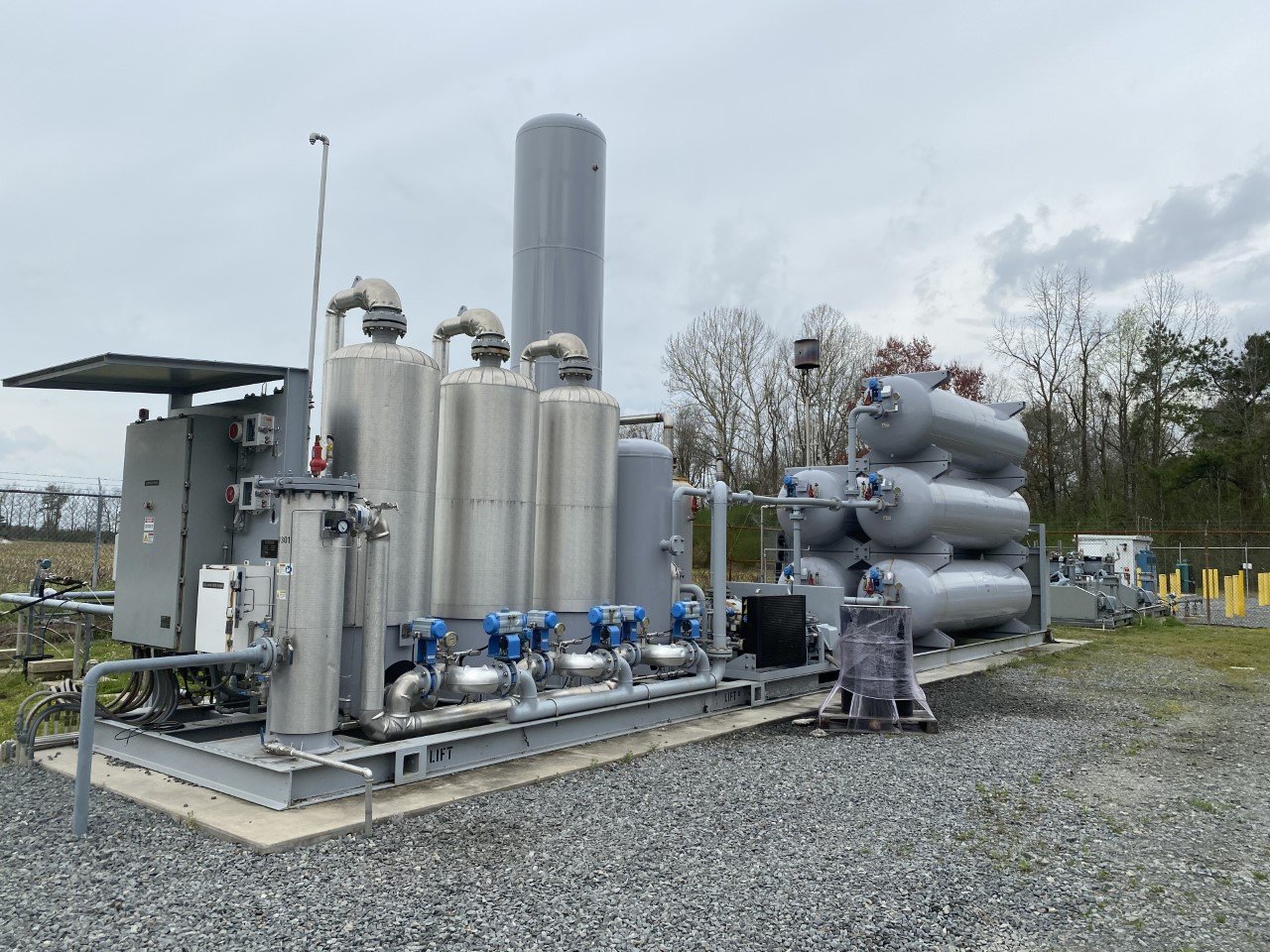“The family farm—is more than a business—the family farm is a lifestyle—it is an ideal worth preserving.”
Robin and Wesley Mewborn met in middle school in Duplin County. When they first started dating, Wesley knew nothing about farming; however, Robin had grown up on a multi-generational farm. In 2010, the couple got married. Together, they dreamed of raising their own family on the farm. That dream became a reality in 2014 when they placed their first set of chickens, growing for Case Farms. A few years later, they would add a hog farm and grow for Smithfield.
Although their dream came true, it wasn’t easy. As a first-generation farmer, you start with nothing. When Wesley would ask how he could get started, he was met with statements like, “You don’t. You can’t.” But seven years later, the Mewborns have made it work.
“It just makes me proud to be his wife,” said Robin. “To be that first generation for our children, to grow into that knowing how much work and dedication he’s put into this. His dedication has created this.”
Wesley credits a lot of the opportunity to farm to Cape Fear Farm Credit. “If it wasn’t for Farm Credit we wouldn’t have what we have. They have bent over backwards, so in return they’ve enabled those two [their kids] to have something one day,” Wesley said with emotion.
Robin and Wesley with Shannon Bell and Carrie Cumbo from CFFC.
Farm Credit is more than a lender for rural and agricultural communities. They are also a resource. Wesley says that sometimes, before talking to Robin, he’ll call the folks at Farm Credit to ask if something is a smart move or will something work? “When they say yes, I go home and say, ‘hey, Robin guess what?’” said Wesley.
Farm Credit invests in farmers and rural communities because they recognize just how much farmers bring to the table—literally. Thanks to them, families like the Mewborns have the chance to chase their dreams and become first-generation farmers.
“I’m excited for us to be here and farming because that’s what I’ve always wanted to do-- that and raise our kids here,” Robin said. “I love the freedom of it. They can come [to the farm] and learn.”
Being able to do that is special for Robin, as she has fond memories of being picked up from school by her mom to go spend time on the farm with her dad. Now, she gets to do the same thing with her children.
Robin doesn’t just want her own children to learn about farming. She extends those lessons to her own classroom. Robin has taught in Duplin County for 16 years at the same elementary school she attended as a girl. Through Farm Bureau’s Ag in the Classroom, Robin ensures her students are learning all about agriculture through activities like hatching chicks and raised bed gardens. One thing she hopes that her students and her own children realize is that agriculture is a vast field.
“There’s more out there than just farming—welders, electricians, truck drivers—those jobs are available. They can stay in Duplin County and do those jobs,” Robin shared.
Farming and agriculture also offer opportunities for girls too. Robin and Wesley want their daughter Macy (8) to know that “it’s not just a man’s job. There’s something for her here too.” Macy’s favorite day on the farm is when they get new baby pigs or chicks. Meanwhile, her brother, Case (4) loves all things tractor. He can tell you names, models, and colors. He also takes farm work seriously.
“When you pick him up from school, it’s ‘my daddy needs me to check the chicken alarm, or my daddy needs me to go to the hog houses and pump.’ He comes ups with it all on his own,” said Wesley.
In many ways Wesley and Robin farm for their children—all three of them, although you will notice only two of them are with them today. Robin and Wesley’s firstborn, Layla was diagnosed with brain cancer when she was only 3 months old. The young family went to Duke every week for treatments. At the time, they were just starting to build their chicken houses, so were not farming yet. Robin was 7 months pregnant with Macy, and Wesley had been laid off his job.In October of 2014, their first set of chickens arrived. For the Mewborns, farming was a blessing in so many ways. Not only did it provide a job for Wesley, but it allowed for more flexibility as they continued traveling with Layla for care and treatment.
Layla passed away on her fourth birthday in 2016 at Duke. She was in palliative care for two weeks prior, and Wesley was able to be there every day, something that he might not have been able to do with another job.
Today, they continue to remember Layla in all they do, including farming. Their smaller hog farm is named LMC after their three children.
Robin, Macy, Wesley, and Layla
Layla and Wesley
“In our farming day to day, we remember Layla. She is also our child. Honoring her in just naming our farm and in the day to day is a huge part of our story. She is a part of this even though she is not here, and it gives us that drive,” shared Robin.
They say when you see a cardinal, it is a visitor from heaven; every time they see a cardinal, they remember Layla. Frequently, the family will see red birds at the farm. For some, the farm is a slice of heaven on Earth, and for the Mewborns, that is especially true.




